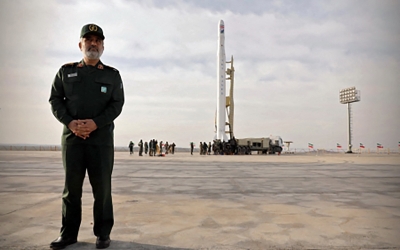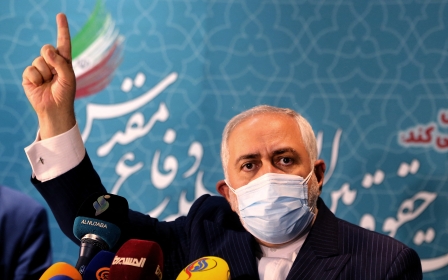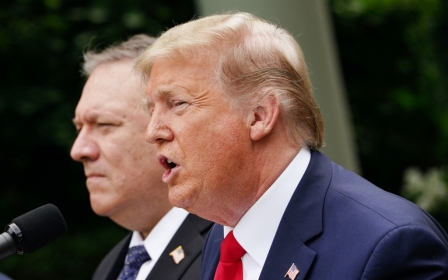Trump administration tried to downplay injuries from Iranian attack, ex-official says

The Trump administration asked the Pentagon to downplay and delay reports of brain injuries suffered by US troops from an Iranian missile attack in Iraq last year, according to a former defense spokesperson.
Alyssa Farah, who was serving as Department of Defense Press Secretary, said she fended off the pressure from the White House, which came after Trump had first claimed there had been no casualties and then dismissed the injuries as "headaches" and "not very serious," the Guardian reported.
The attack on two US military bases in Iraq was launched in January 2020 in retaliation for the killing of the high-ranking Iranian commander Qassem Soleimani by a US drone attack early in the year.
The Trump White House was initially informed by the Pentagon that there had been no injuries in the attacks, but when that judgement turned out to be wrong, Farah says there was pressure to downplay it.
'Glossing over' injuries
New MEE newsletter: Jerusalem Dispatch
Sign up to get the latest insights and analysis on Israel-Palestine, alongside Turkey Unpacked and other MEE newsletters
"I think where things got shaky was there was an effort from the White House to want to say, this was not successful – the Iranians were not successful in harming our targets in response. And I think that went too far," Farah said in an interview with the One Decision podcast which is set to air on Thursday.
"And I think that it ended up glossing over what ended up being very significant injuries on US troops after the fact," she added.
In the end, more than 100 US troops were ultimately diagnosed as having suffered traumatic brain injuries.
Nearly 80 percent of the American casualties returned to duty within days, but some were evacuated to Germany and the US for treatment.
Farah said it took the Pentagon time to receive and assess the facts of the strike throughout the month of January, and it was the gradual rise in the number of injured US service people that irked the White House.
Pushback from the White House
"We did get pushback from the White House of, 'can you guys report this differently? Can it be every 10 days or two weeks, or we do a wrap-up after the fact?'" Farah said.
"The White House would prefer if we did not give regular updates on it. It was this drip, drip of quote-unquote bad news."
Tensions between the US and Iran began heating up in May 2018 after the Trump administration pulled out of the multilateral Obama-era nuclear deal and began re-imposing crippling sanctions on Tehran.
Since US President Joe Biden assumed office in January, months of nuclear negotiations have been held in Vienna. However, the latest round of talks in June ended with no date of resumption.
According to a report issued by the International Atomic Energy Agency earlier this month, Iran had increased the purity to which it is refining uranium to 60 percent fissile purity from 20 percent in April. Weapons-grade enrichment is around 90 percent purity.
Iran has insisted its nuclear aims are entirely peaceful and that it is developing a new type of reactor fuel.
Middle East Eye delivers independent and unrivalled coverage and analysis of the Middle East, North Africa and beyond. To learn more about republishing this content and the associated fees, please fill out this form. More about MEE can be found here.





